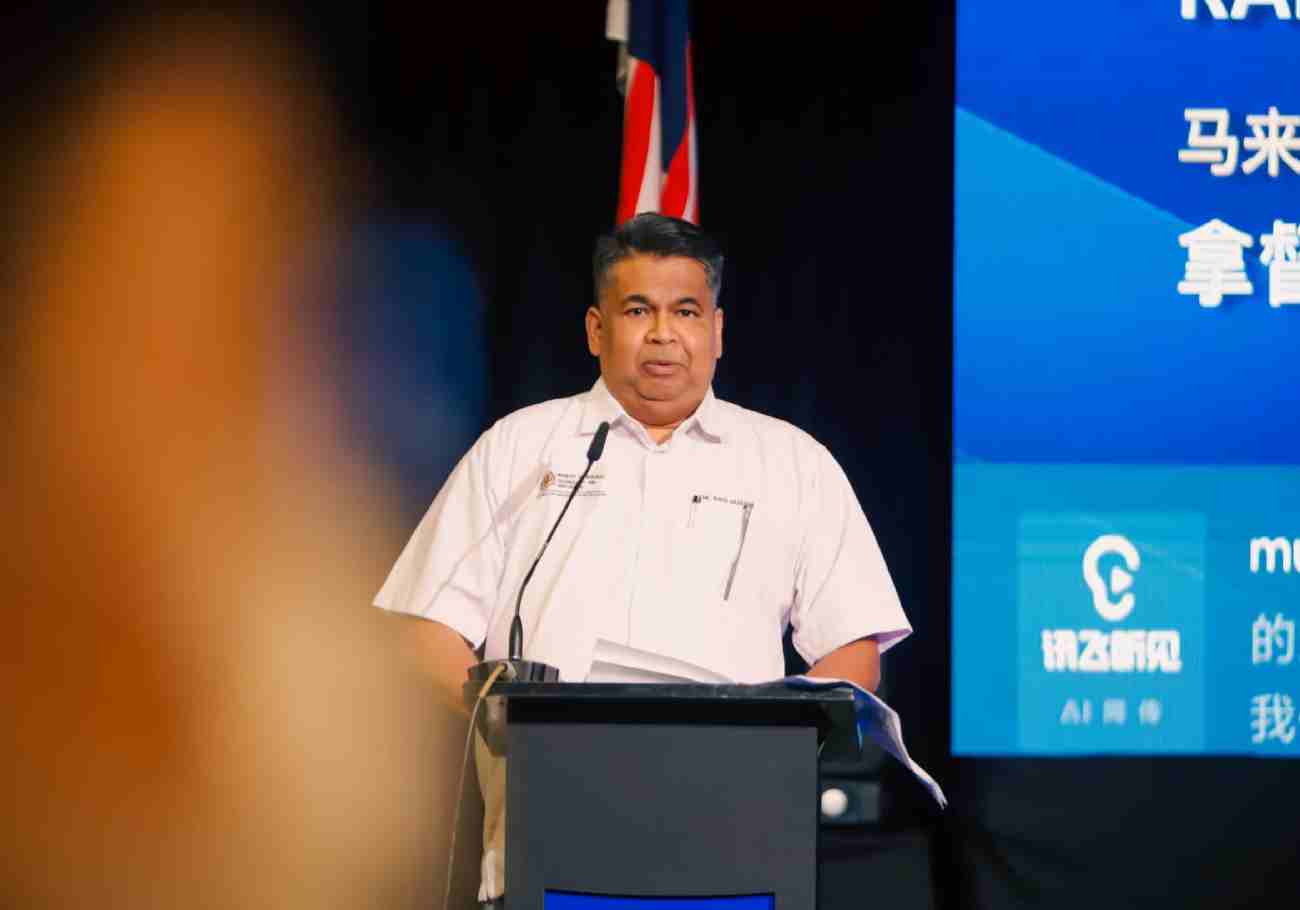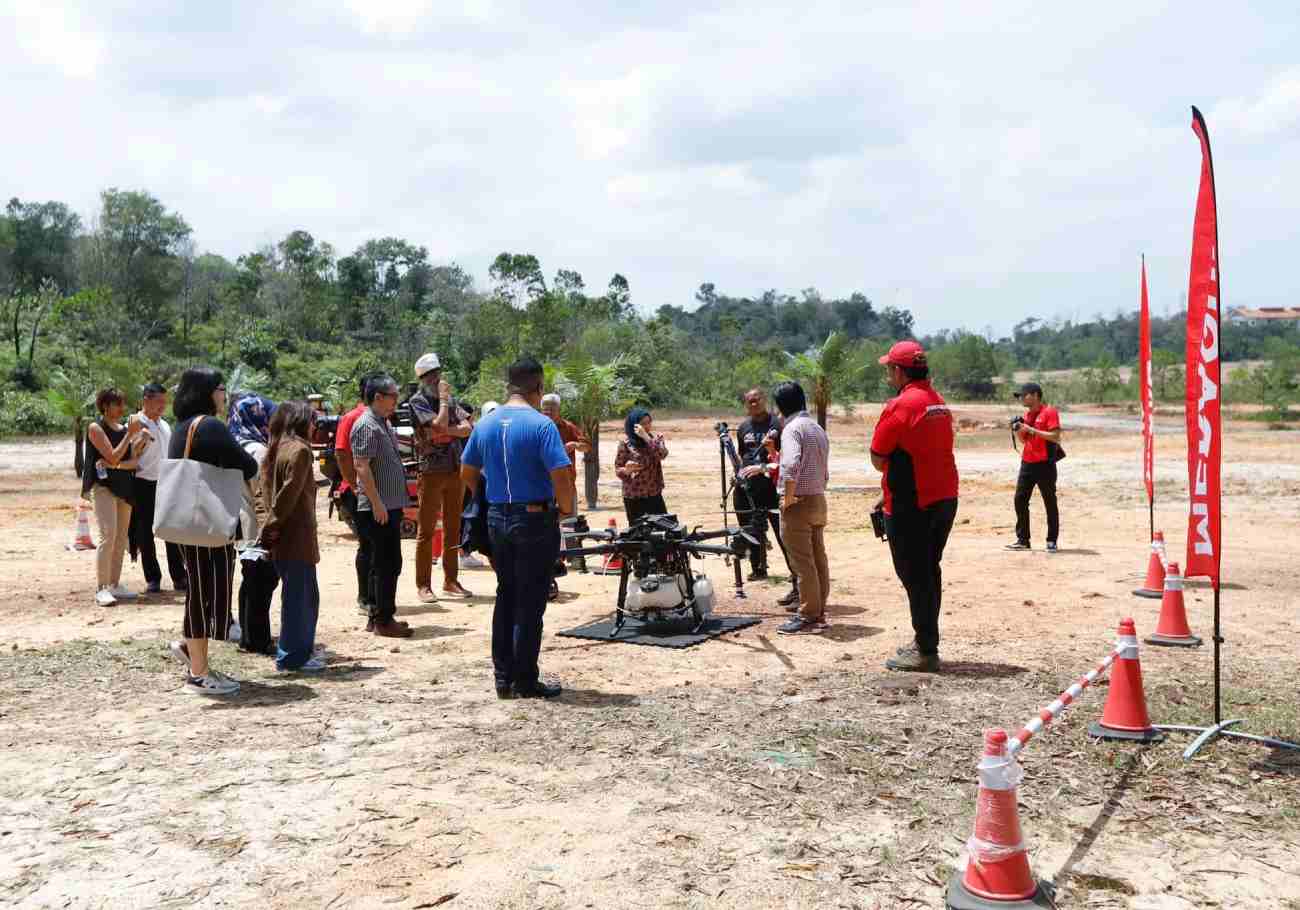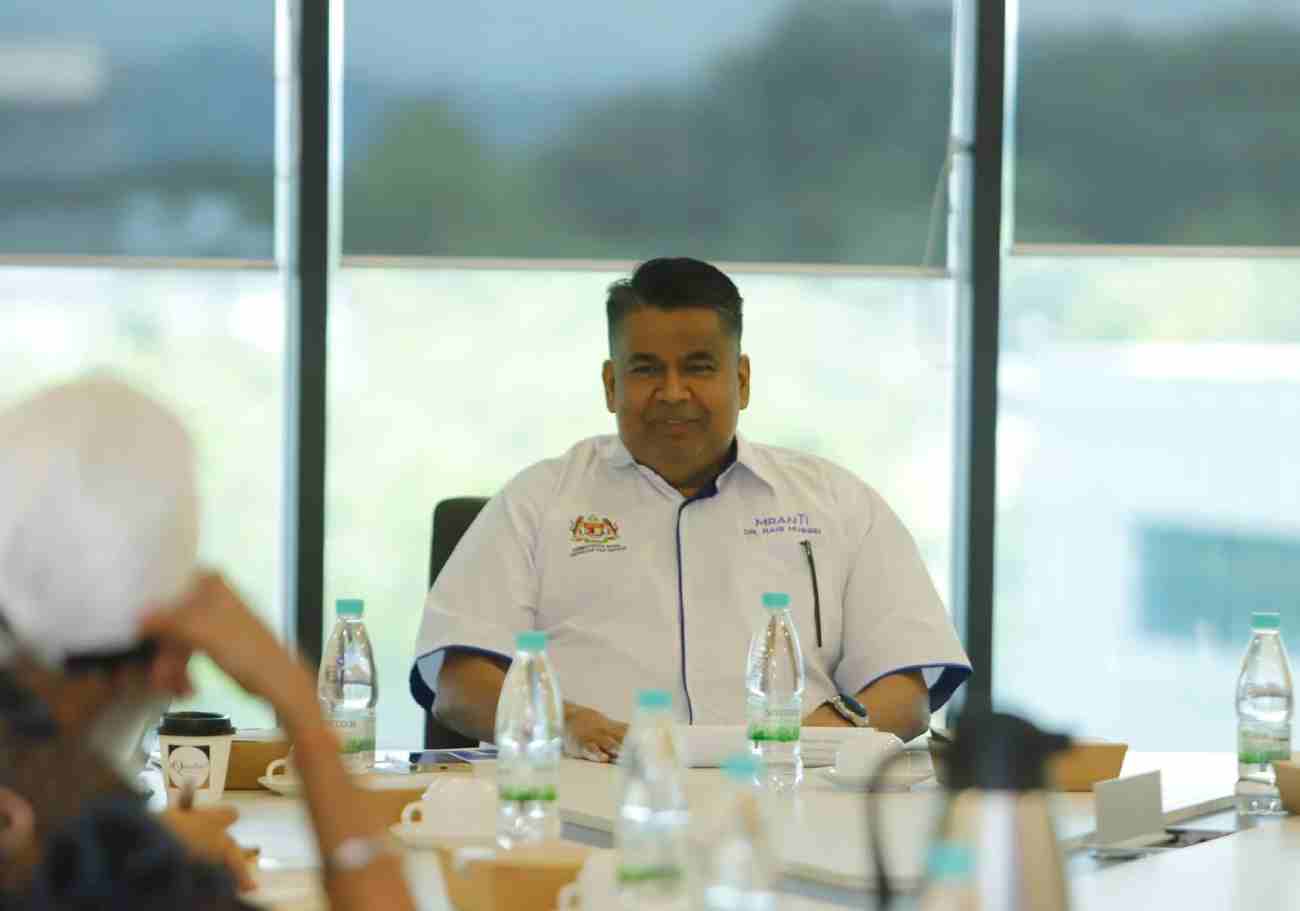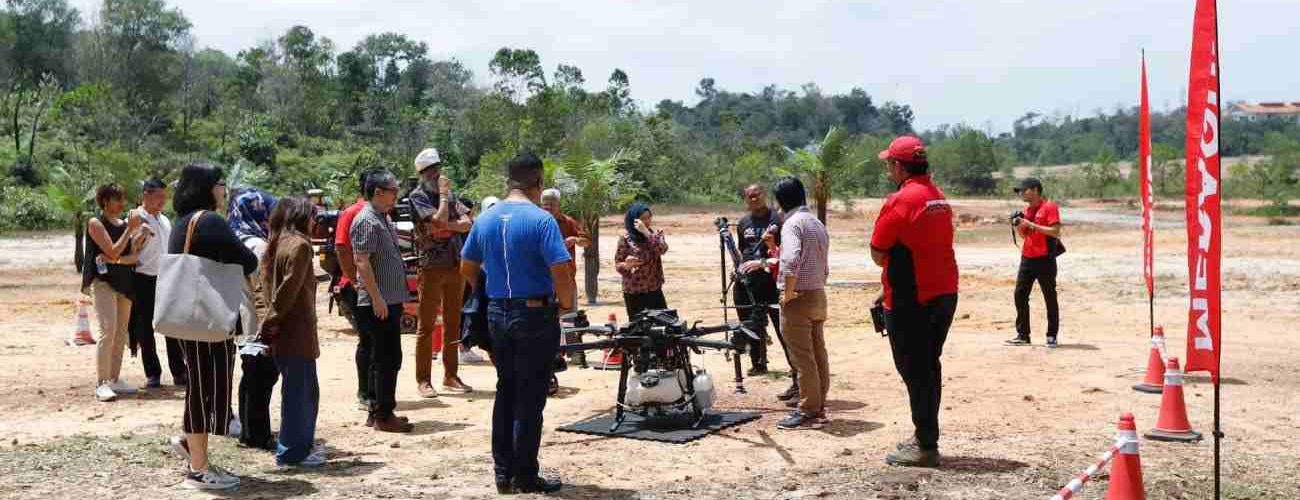
Malaysia’s food security faces challenges due to global constraints and heavy reliance on imported food.
To address this, the Malaysian Research Accelerator for Technology and Innovation (MRANTI) proposes empowering smallholder farmers through Fourth Industrial Revolution (4IR) technologies.
4IR Tech for agricultural benefits

“Empowering smallholders is not just about food security,” said Datuk Dr Rais Hussin, CEO of MRANTI. “It’s about national development.
Equipping them with 4IR agritech and fintech can help them become independent producers, promoting digital inclusion and income equality, ultimately propelling Malaysia beyond its middle-income status.”
He emphasized the importance of individual empowerment over consolidation into large estates.
“Consolidation risks wealth concentration and unemployment,” he said.
“By empowering individual farmers, we foster widespread wealth distribution and economic independence.”
Gradual implementation for national progress

Dr Rais highlighted global statistics: “Over two-thirds of the world’s food comes from smallholder farmers. But they face issues like middlemen and lack of finances, leading to high food prices.”
He added, “With the global population projected to reach 9.2 billion by 2050, and a 66% rise in urban populations, food demand will surge by 59-98%. This threatens food security and availability.”
Dr Rais outlined the potential benefits for Malaysia. “Smallholder agribusiness can boost farmer incomes and lower food prices. This, in turn, increases household spending, driving economic growth and stability.”
Technology integration in agriculture can also attract young people, reducing youth unemployment. Moreover, advancements can improve yields, water usage, and profitability while minimizing pesticide use and post-harvest losses.
“Therefore,” Dr Rais concluded, “implementing novel solutions at micro-farm levels with gradual scaling-up is the most logical approach.”
Dr Rais, who is also the founder of EMIR Research, an independent think-tank, believes this approach holds the key to Malaysia’s future food security and economic prosperity.











